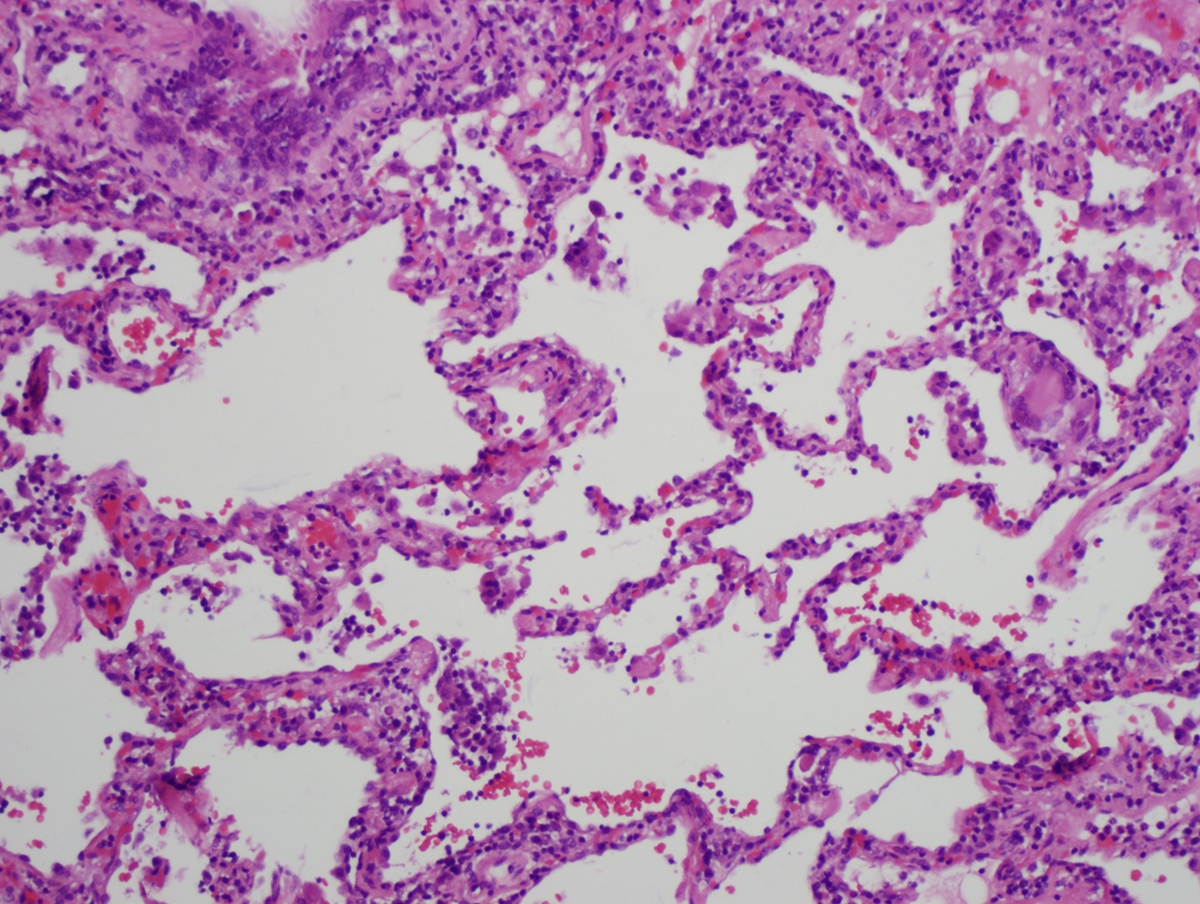
Shortness of breath in the elderly
Elderly people tend to suffer from a shortness of breath, medically called dyspnea, a lot more often than younger people.
When a person gets older, their energy levels decrease and they have more and more ailments that bother than on an everyday basis, this is normal. Shortness of breath is one such problem that is fairly common in people who are over the age of 65. Even people who are otherwise healthy will experience a thickening of the heart muscle and stiffening of the arteries with age, which means the heart has to work harder to meet your needs. Shortness of breath is a common result.
Causes of shortness of breath in older adults
One of the main causes of shortness of breath in the elderly is a condition that is called COPD, which stands for chronic obstructive pulmonary disease. COPD can be caused by multiple risk factors, and it is a combination of two separate conditions, chronic bronchitis, and emphysema.
This condition causes progressive damage to the lungs and it become difficult for a person to take deep or even normal breaths when trying to breathe.
People who run the greatest risk of suffering from COPD are chronic smokers and people who might inhaled second hand smoke for a good portion of their lives, as well as those exposed to harmful substances in their work life, like asbestos.
Some of the main symptoms of this condition are persistent coughing, phlegm and chest infections.
Heart conditions can also cause a person to experience a shortness of breath.
- One of the main conditions that lead to a shortness of breath and is associated with the heart is a pulmonary embolism. In this condition, a blood clot might have moved into the lungs and is now causing a person to have trouble breathing.
- Pnueumothorax is a condition in which air is blocked in the chest wall and this also leads to a shortness of breath.
- Atelectasis is caused when a lung collapses and it one of the most severe and serious cause of a shortness of breath.
- When a person suffers from congestive heart failure, their heat can no longer pump enough to meet the body's needs, and fluid builds up in the lungs and the feet, which can also cause breathing problems.
- When an elderly person experiences a heart attack, there is a lot of tightness in the chest and an inability to breathe.
- Anemia is a condition in which the red blood cells are weakened and it can limit the amount of oxygen that is being distributed throughout the body.
There are also numerous other medical conditions that affect the lungs directly that can cause shortness of breath.
Some of these include bronchitis, asthma, pneumonia, pulmonary hypertension, Interstitial Lung Disease, sarcoidosis, and COVID-19.
The elderly might also experience breathing problems when they have to much exercise in their everyday lives. Elderly people should stay moving about and not be sedentary, but they are not as vital anymore and cannot expose their bodies to overexertion or more strain than their bodies are able to take.
What should elderly people do when they are short of breath?
Older adults experiencing dyspnea should seek medical attention. Their doctor will likely recommend spirometry, a full blood test, an exercise stress test, and even an echocardiogram as they find out what is causing the shortness of breath. Once a diagnosis has been made, steps can then be taken to better manage the shortness of breath and hopefully bring the person some relief.


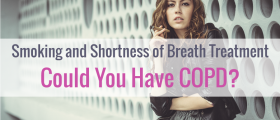
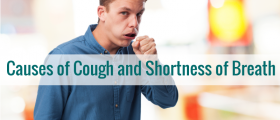


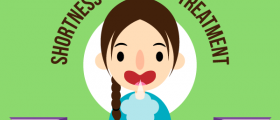
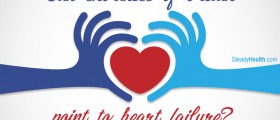
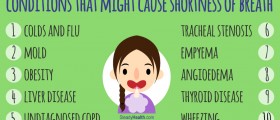
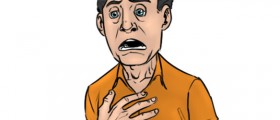
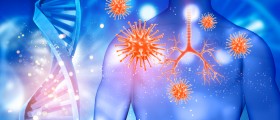

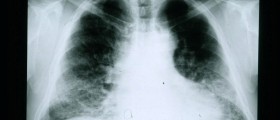
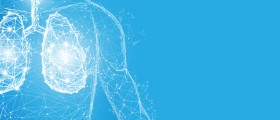


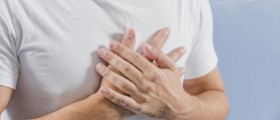
Your thoughts on this
Loading...